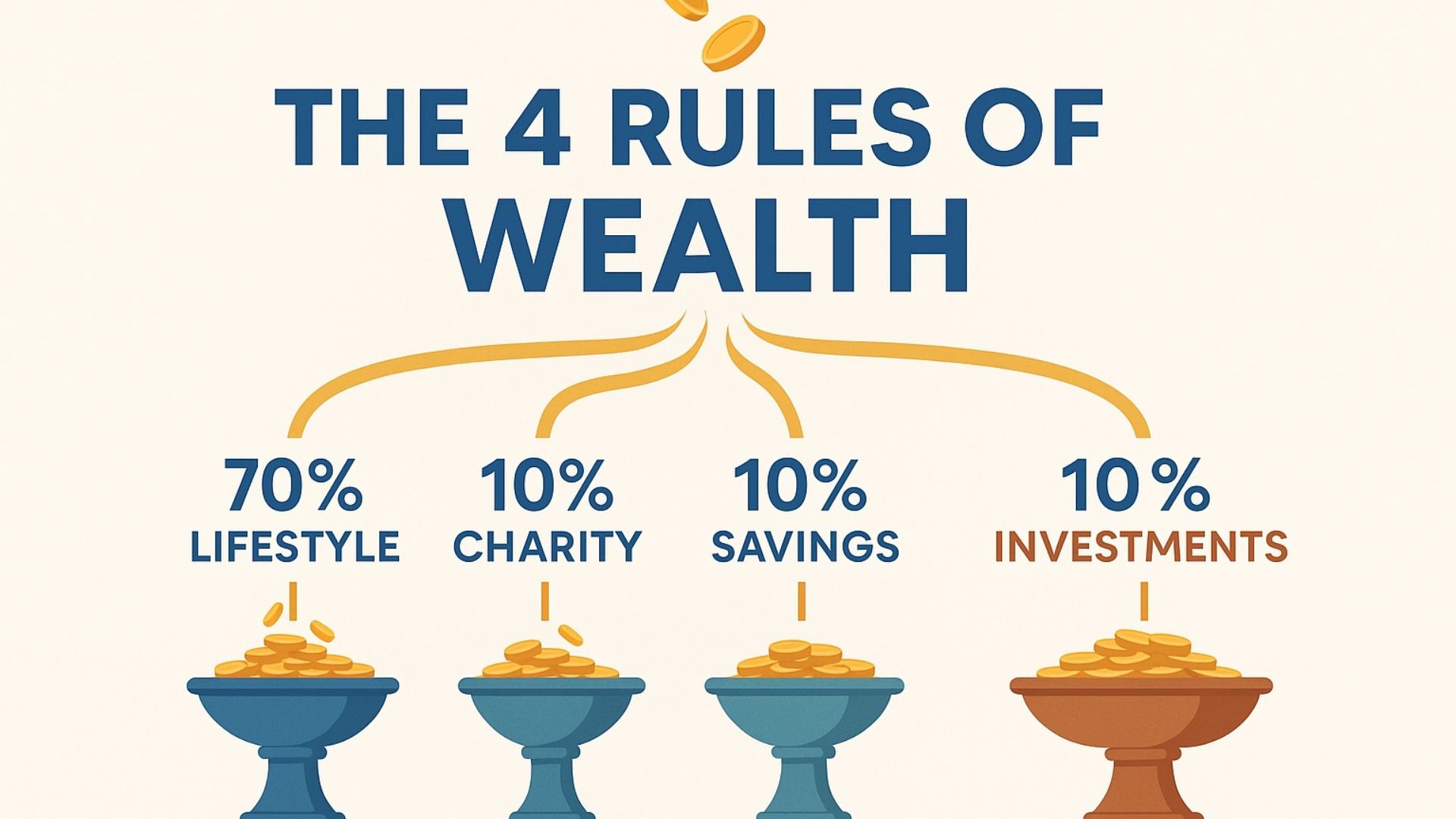Does this sound familiar? You get your paycheck, you pay your rent or mortgage, you cover the car payment and utilities, and you feel like you’re doing everything right. You’re an adult, handling your responsibilities.
But then you check your bank account halfway through the month, and your stomach drops. You’re left staring at the screen, asking that one frustrating question: “Where did it all go?”
It feels like you’re playing a game you can’t win. It’s not like you’re splurging on designer clothes or flying first-class to Paris. So, what’s really going on?
Trust me, I’ve been there. And here’s what I discovered after years of my own experience and digging into the data: It’s not the big, obvious expenses that drain your account. It’s the small, silent money leaks we barely notice.
These leaks are often designed by companies to be easy to ignore, but together, they can siphon thousands of dollars from your account every single year.
Today, we’re going to find those leaks and plug them for good. Here are the five biggest ways you might be losing money without even realizing it—and the simple, actionable steps to fix each one.
Leak #1: The Subscription Swarm
We live in a subscription economy. From streaming services and productivity apps to that "free trial" you signed up for six months ago, recurring payments are everywhere. The problem? We forget about them.
The Damage: A recent study found that the average American spends over $270 a month on subscriptions—and most people underestimate their own spending by more than $150! That's over $3,200 a year potentially going to services you don't even use. Companies bank on this "set it and forget it" mentality.
How to Fix It (The 5-Minute Audit):
- Open Your Statement: Log in to your bank or credit card account online and look for any recurring charges from the last 60 days. Don’t just skim—read every line item.
- Ask the Hard Question: For each subscription, ask yourself: "Have I used and enjoyed this in the last 30 days?"
- Cancel Mercilessly: If the answer is no, cancel it. Not tomorrow, not next week. Immediately. Don't worry, if you truly miss it, you can always sign up again later.
- Use an App: To make this even easier, free apps like Rocket Money or Mint can connect to your accounts and automatically sniff out all your recurring subscriptions in one clean list.
Leak #2: The "Convenience" Tax
This leak is made up of all the small purchases we make because we’re busy, tired, or just didn’t plan ahead. It’s the coffee on the way to work, the DoorDash lunch because you’re on a deadline, or the overpriced bottle of water at the airport. They seem harmless in the moment.
The Damage: These small amounts add up with shocking speed. A daily $5 coffee is over $1,200 a year (on workdays alone). A "quick" $15 lunch delivered twice a week is another $1,500 a year. This isn't about depriving yourself; it's about being intentional.
How to Fix It (The 10-Minute Prep Rule):
- Pay Yourself First: Think of it this way: every time you prepare instead of purchase, you’re paying yourself.
- The Night Before: Spend just 10 minutes the night before getting ready. Set up your coffee maker with a timer. Pack a simple lunch. Fill up a reusable water bottle and put it by the door.
- Start Small: Don't try to change everything at once. Just commit to packing your lunch one day this week. When you see you saved $15-$20, you’ll be motivated to do it again.
Leak #3: The Loyalty Penalty
This one feels unfair because it punishes you for being a good customer. Many companies—especially in industries like telecom, insurance, and banking—offer amazing introductory deals to new customers while quietly raising prices on their long-term, loyal ones. They assume you won't bother to check.
The Damage: Studies show that loyal customers can often pay 10-20% more for the exact same service—cell phone plans, car insurance, internet—than a brand-new customer.
How to Fix It (The Annual "Shop My Bills" Call):
- Set a Calendar Reminder: Once a year, set an appointment with yourself titled "Shop My Bills."
- Do a Quick Search: Spend 30 minutes on a price comparison site (like The Zebra for insurance) or just check competitor websites for their current offers.
- Make the Call: Call your current provider and say this simple script with confidence: "Hi, I've been a loyal customer for [X] years. I was just checking rates and saw that [Competitor] is offering a similar plan for [Lower Price]. I'd prefer to stay with you—can you match that price for me?"
- Nine times out of ten, they will find a "new promotion" to keep your business.
Leak #4: The Credit Card Creep
This isn't about massive, runaway debt. It's the slow, quiet creep of a small balance that you "plan to pay off next month." But with average credit card interest rates (APRs) now over 20%, that small balance can become a huge leak.
The Damage: A seemingly manageable $2,000 balance on a card with a 21% APR could cost you over $1,000 in interest alone if you only make minimum payments. You are giving away free money to the bank.
How to Fix It (Automate Everything):
- Set Full-Balance Auto-Pay: If you don't carry a balance, log in to your credit card account and set up automatic payments for the full statement balance each month. This makes it impossible for interest to accumulate.
- Automate Above the Minimum: If you already have a balance, set up an automatic payment that is more than the minimum. Even an extra $50 or $100 per month can dramatically shorten your payoff time and save you hundreds in interest.
Leak #5: The Silent Scammer (aka Bank Fees)
The final leak might be the most infuriating: your own bank. I'm talking about monthly maintenance fees, overdraft fees, and out-of-network ATM fees. Big banks collect billions of dollars a year from these charges.
The Damage: A single $35 overdraft fee for being a few dollars short. A $12 monthly "service fee" that costs you $144 per year for absolutely nothing. You should not have to pay a bank to hold your money.
How to Fix It (Go Fee-Free):
- Check Your Statement: Log in to your checking account and see if you were charged a maintenance fee last month.
- Switch to a Modern Bank: In today's world, there is no reason to pay these fees. Modern online banks or local credit unions almost always offer:
- $0 monthly maintenance fees.
- $0 overdraft fees.
- Refunds for any ATM fees you get charged.
- Making the switch takes less than an hour and can save you hundreds of dollars over time.
Your Turn to Take Control
Individually, these leaks are small drips. But together, they create a flood that can drain your financial confidence.
Don't be overwhelmed. Pick just one of these leaks to work on this week. Cancel one subscription. Pack one lunch. Make one phone call.
Taking one small, decisive action is the first step to putting you back in the driver's seat of your financial life.
Take Action: Get Your Free Checklist
Reading is the first step, but action is what creates change. Download the beautifully designed, one-page "5-Minute Money Leak Audit" to find and fix these leaks today.
https://abdullahikaka.com/5-Minute-Money-Leak-Audit.pdf



